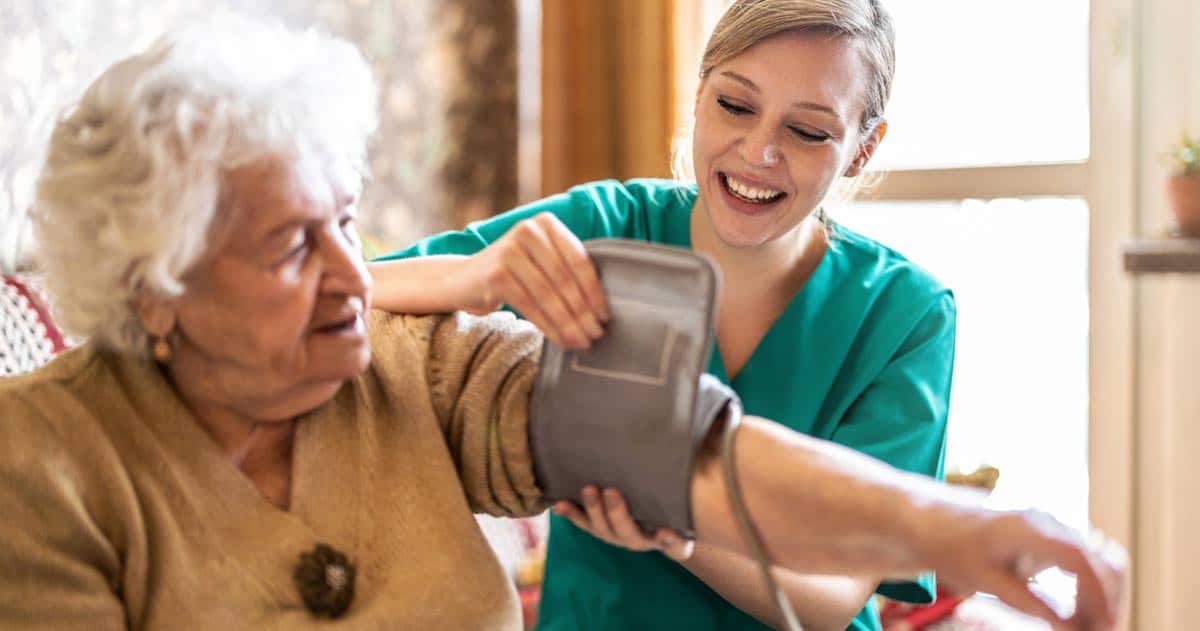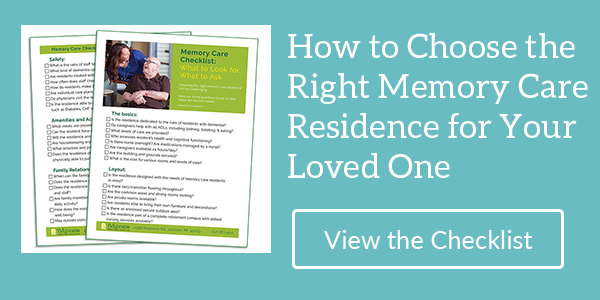The number of family caregivers in the United States is growing, according to the AARP report, “Caregiving in the U.S. 2020.” As many as 53 million Americans are providing care to a family member, which is up from the 2015 estimate of 43.5 million. By far the majority of these, 41.8 million, are providing care to an adult age 50+. But even with all those giving and loving family members doing their best, often there comes a time when home care is not enough to keep a beloved senior safe and sound. Before a concern becomes a serious problem, here are five signs to look for.
5 Signs to Look For When Home Care is Not Enough
#1 — Falls or accidents:
According to the Centers for Disease Control and Prevention, “Falls are the leading cause of fatal and nonfatal injuries among older adults.” There are many reasons for falls and other accidents from trips over throw rugs to leaving the stove on and getting burned. But for many seniors living at home, it may be just a matter of time before one occurs, and then it’s often too late for anything but the hospital. Seniors who have mobility issues, poor balance and low muscle mass are at risk of falls and those with memory problems can get hurt cooking, taking the wrong medications or losing their way home from the grocery store. All are signs that more care is needed to keep a senior from harm. Learn more about falls in our blog, “Healthy Senior Living: Fall Prevention and Response Strategies.”
#2 — Wandering:
Wandering is when a senior just walks away from home. They become confused and often cannot find their way home. According to the Alzheimer’s Association’s article, “Wandering,” more than half of people with dementia will wander at least once and it can happen at any time. Sadly, it is often repeated as well, putting the senior’s life in jeopardy, especially when wandering occurs at night or during the winter.
Similarly, a senior who drives and becomes lost or cannot remember where they were going is also in danger. They may panic, pull over and wait to remember, or they may keep driving and get more lost. These are signs that something else is going on and that additional home care is required. A visit to the senior’s physician can help pinpoint the problem and how best to address it.
#3 — Chronic health conditions:
Illnesses that have no cure, like Parkinson’s or Huntington’s disease, or conditions like stroke, cancer, respiratory or heart disease, diabetes, or even arthritis and osteoporosis that require treatment for a year or more can be difficult to manage in a home setting. Since seniors often have more than one chronic condition, caregiving can become overwhelming with time. Seniors may need constant medical care such as nurse visits, therapy as well as general help with housekeeping, meals and activities like bathing and managing medications. Those who are bedridden will have even greater needs, including 24/7 care. In all cases, a senior who has a chronic health condition is at greater risk for complications and may require more professional care than can be provided by family. More about the reality of chronic health conditions in seniors can be found in the CDC article, “Percent of U.S. Adults 55 and Over with Chronic Conditions.”
#4 — Worsening dementia:
Although often considered a “normal” part of aging, dementia is anything but normal and should not be confused with occasionally forgetting a name or face. Dementia actually has known stages as described in the dementia.org article, “The Seven Stages of Dementia,” and has many forms, including Alzheimer’s disease. Although there is ongoing research and new drugs in the pipeline, to date there is no cure. Families of people with dementia should anticipate a worsening of symptoms and associated changes in behavior, as well as increased risk to the senior’s safety and be prepared to increase care as needed.
#5 — Escalating costs:
As with all things with value, the more in-home care you need, the more you will have to pay. And the cost of that care varies geographically and is also subject to market forces like the availability of qualified caregivers. According to the consumersaffiairs.com article, “What is the cost of in-home care?,” and the Genworth Cost of Care Study, in 2020 the national average hourly rate for a home health aide was $24/hour with a 44 hour week costing about $4,500. Alternatively, the cost of care in an assisted living community averaged about $4,300 and includes 24/7 care, housing, meals, and amenities.
Any or all of the above are signs that home care should be increased or a move to assisted living considered. In assisted living, seniors are urged to remain as independent as possible, while receiving the level of care needed to stay safe and healthy. At Ganton’s Countryside, residents can have their own beautiful apartments while under the watchful and loving eyes of professionals who have their best interests at heart.
For information about Countryside, please call Margaret Nagel at (517) 206-5000 or download our brochure to learn about our care levels, cost, and amenities.


